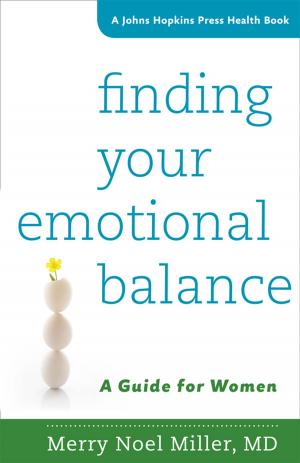Getting to Graduation
The Completion Agenda in Higher Education
Nonfiction, Reference & Language, Education & Teaching, Higher Education, Social & Cultural Studies, Political Science, Government, Public Policy| Author: | ISBN: | 9781421406930 | |
| Publisher: | Johns Hopkins University Press | Publication: | September 1, 2012 |
| Imprint: | Language: | English |
| Author: | |
| ISBN: | 9781421406930 |
| Publisher: | Johns Hopkins University Press |
| Publication: | September 1, 2012 |
| Imprint: | |
| Language: | English |
The United States, long considered to have the best higher education in the world, now ranks eleventh in the proportion of 25- to 34-year-olds with a college degree. As other countries have made dramatic gains in degree attainment, the U.S. has improved more slowly. In response, President Obama recently laid out a national "completion agenda" with the goal of making the U.S. the best-educated nation in the world by the year 2020. Getting to Graduation explores the reforms that we must pursue to recover a position of international leadership in higher education as well as the obstacles to those reforms.
This new completion agenda puts increased pressure on institutions to promote student success and improve institutional productivity in a time of declining public revenue. In this volume, scholars of higher education and public policymakers describe promising directions for reform. They argue that it is essential to redefine postsecondary education and to consider a broader range of learning opportunities—beyond the research university and traditional bachelor degree programs—to include community colleges, occupational certificate programs, and apprenticeships. The authors also emphasize the need to rethink policies governing financial aid, remediation, and institutional funding to promote degree completion.
The United States, long considered to have the best higher education in the world, now ranks eleventh in the proportion of 25- to 34-year-olds with a college degree. As other countries have made dramatic gains in degree attainment, the U.S. has improved more slowly. In response, President Obama recently laid out a national "completion agenda" with the goal of making the U.S. the best-educated nation in the world by the year 2020. Getting to Graduation explores the reforms that we must pursue to recover a position of international leadership in higher education as well as the obstacles to those reforms.
This new completion agenda puts increased pressure on institutions to promote student success and improve institutional productivity in a time of declining public revenue. In this volume, scholars of higher education and public policymakers describe promising directions for reform. They argue that it is essential to redefine postsecondary education and to consider a broader range of learning opportunities—beyond the research university and traditional bachelor degree programs—to include community colleges, occupational certificate programs, and apprenticeships. The authors also emphasize the need to rethink policies governing financial aid, remediation, and institutional funding to promote degree completion.















